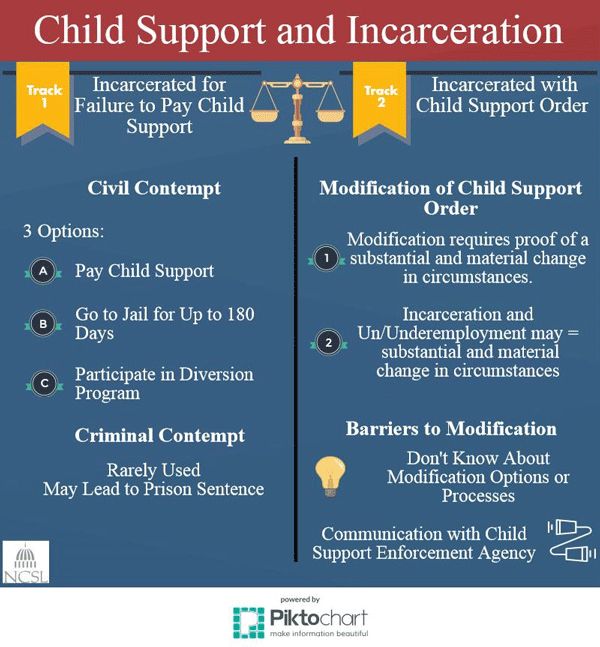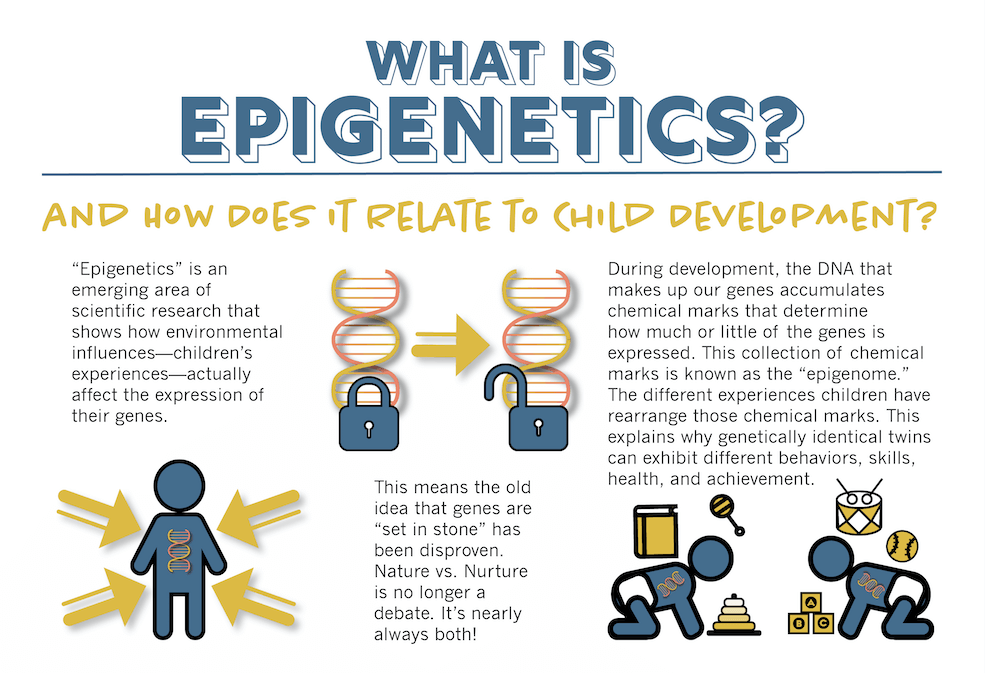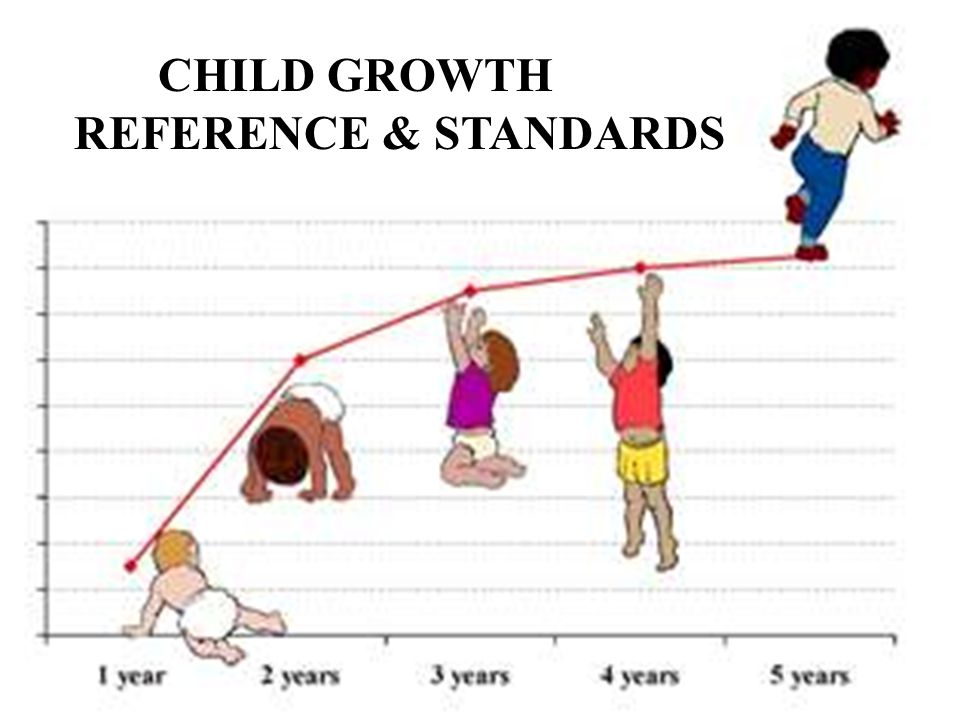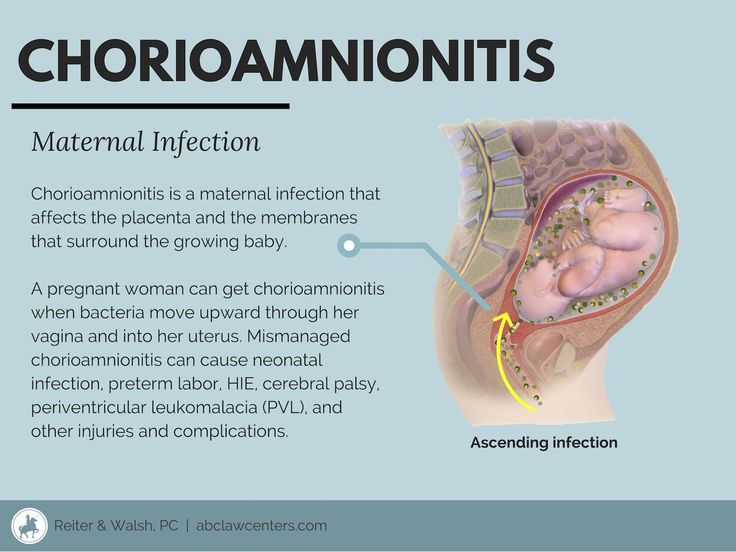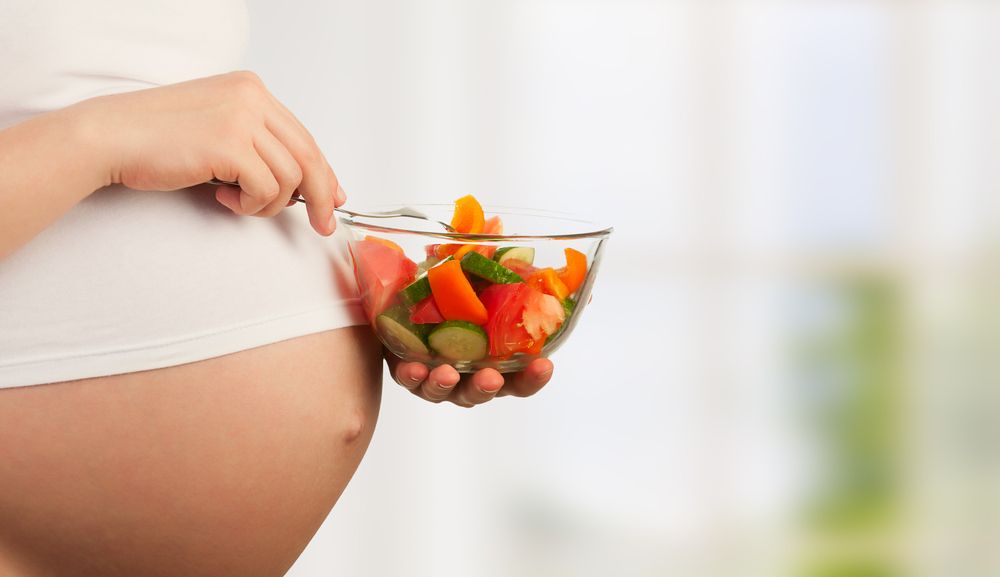What foods to eat in pregnancy
Pregnancy Diet: 13 Foods to Eat While Pregnant
While you’re pregnant, you’ll want to eat extra protein, calcium, iron, and essential vitamins. You can get these by eating a wide variety of lean meat, seafood, whole grains, and plant-based foods.
Pregnant? Hangry? Looking for a snack that will make your tummy and your baby happy? You’re probably hearing it a lot: Eating nutritious foods while pregnant is essential.
We’re here to make your pantry into a one-stop shop of healthy and delicious foods that will give your baby the best start to life.
When building your healthy eating plan, you’ll want to focus on whole foods that give you higher amounts of the good stuff you’d need when not pregnant such as:
- protein
- vitamins and minerals
- healthy types of fat
- complex carbohydrates
- fiber and fluids
Here are 13 super nutritious foods to eat when you’re pregnant to help make sure you’re hitting those nutrient goals.
During pregnancy, you need to consume extra protein and calcium to meet the needs of your growing little one. Dairy products like milk, cheese, and yogurt should be on the docket.
Dairy products contain two types of high-quality protein: casein and whey. Dairy is the best dietary source of calcium, and provides high amounts of phosphorus, B vitamins, magnesium, and zinc.
Yogurt, especially Greek yogurt, contains more calcium than most other dairy products and is especially beneficial. Some varieties also contain probiotic bacteria, which support digestive health.
If you’re lactose intolerant, you may also be able to tolerate yogurt, especially probiotic yogurt. Check with your doctor to see if you can test it out. A whole world of yogurt smoothies, parfaits, and lassi could be waiting.
This group of food includes lentils, peas, beans, chickpeas, soybeans, and peanuts (aka all kinds of fabulous recipe ingredients!).
Legumes are great plant-based sources of fiber, protein, iron, folate, and calcium — all of which your body needs more of during pregnancy.
Folate is one of the most essential B vitamins (B9). It’s very important for you and baby, especially during the first trimester, and even before.
You’ll need at least 600 micrograms (mcg) of folate every day, which can be a challenge to achieve with foods alone. But adding in legumes can help get you there along with supplementation based on your doctor’s recommendation.
Legumes are generally very high in fiber, too. Some varieties are also high in iron, magnesium, and potassium. Consider adding legumes to your diet with meals like hummus on whole grain toast, black beans in a taco salad, or a lentil curry.
Sweet potatoes are not only delicious cooked about a thousand ways, they’re also rich in beta carotene, a plant compound that is converted into vitamin A in your body.
Vitamin A is essential for baby’s development. Just watch out for excessive amounts of animal-based sources of vitamin A, such as organ meats, which can cause toxicity in high amounts.
Thankfully, sweet potatoes are an ample plant-based source of beta carotene and fiber.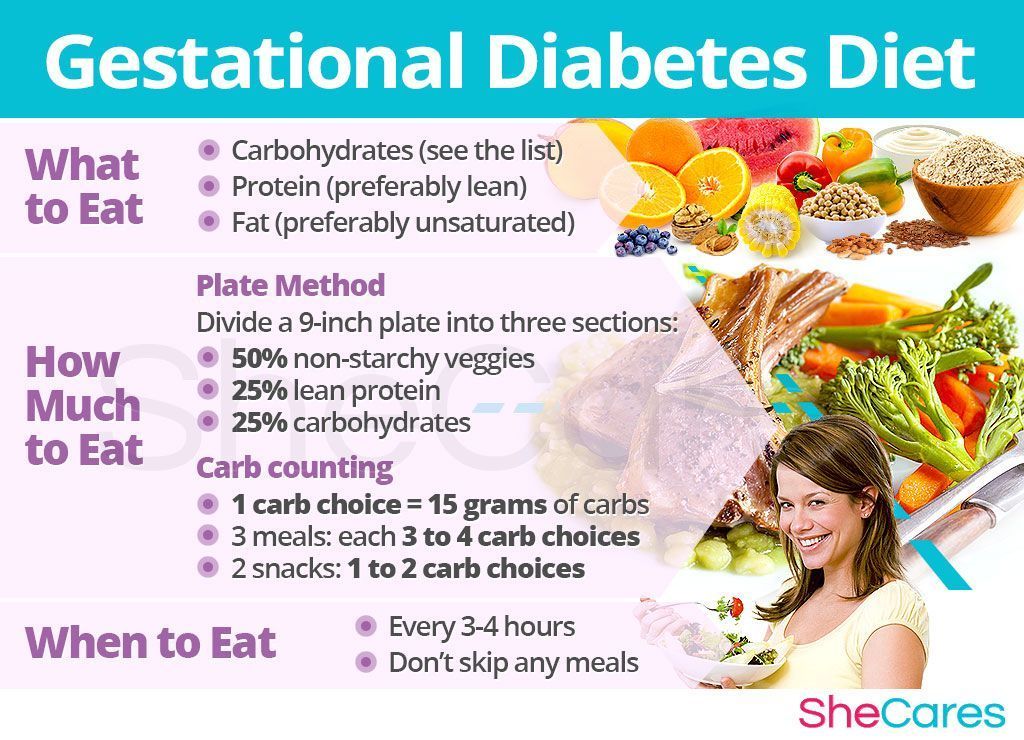 Fiber keeps you full longer, reduces blood sugar spikes, and improves digestive health (which can really help if that pregnancy constipation hits).
Fiber keeps you full longer, reduces blood sugar spikes, and improves digestive health (which can really help if that pregnancy constipation hits).
For a fab brekky, try sweet potatoes as a base for your morning avocado toast.
Smoked on a whole wheat bagel, teriyaki grilled, or slathered in pesto, salmon is a welcome addition to this list. Salmon is rich in essential omega-3 fatty acids that have a host of benefits.
These are found in high amounts in seafood, and help build the brain and eyes of your baby and can even help increase gestational length.
But wait: Have you been told to limit your seafood intake due to the mercury and other contaminants found in high mercury fish? You can still eat fatty fish like salmon.
Here are the high mercury fish to avoid:
- swordfish
- shark
- king mackerel
- marlin
- bigeye tuna
- tilefish from the Gulf of Mexico
Plus, salmon is one of the very few natural sources of vitamin D, which is lacking for most of us.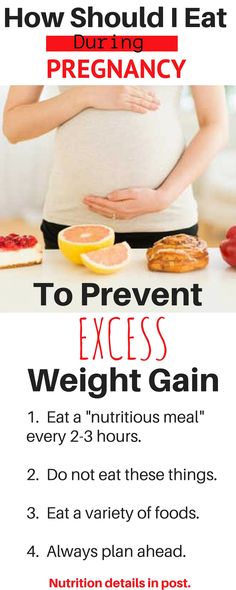 It’s important for bone health and immune function.
It’s important for bone health and immune function.
Those incredible, edible eggs are the ultimate health food, as they contain a little bit of almost every nutrient you need. A large egg contains about 80 calories, high-quality protein, fat, and many vitamins and minerals.
Eggs are a great source of choline, a vital nutrient during pregnancy. It’s important in baby’s brain development and helps prevent developmental abnormalities of the brain and spine.
A single whole egg contains roughly 147 milligrams (mg) of choline, which will get you closer to the current recommended choline intake of 450 mg per day while pregnant (though more studies are being done to determine if that is enough).
Here are some of the healthiest ways to cook eggs. Try them in spinach feta wraps or a chickpea scramble.
No surprise here: Broccoli and dark, green vegetables, such as kale and spinach, pack in so many of the nutrients you’ll need. Even if you don’t love eating them, they can often be squirreled into all kinds of dishes.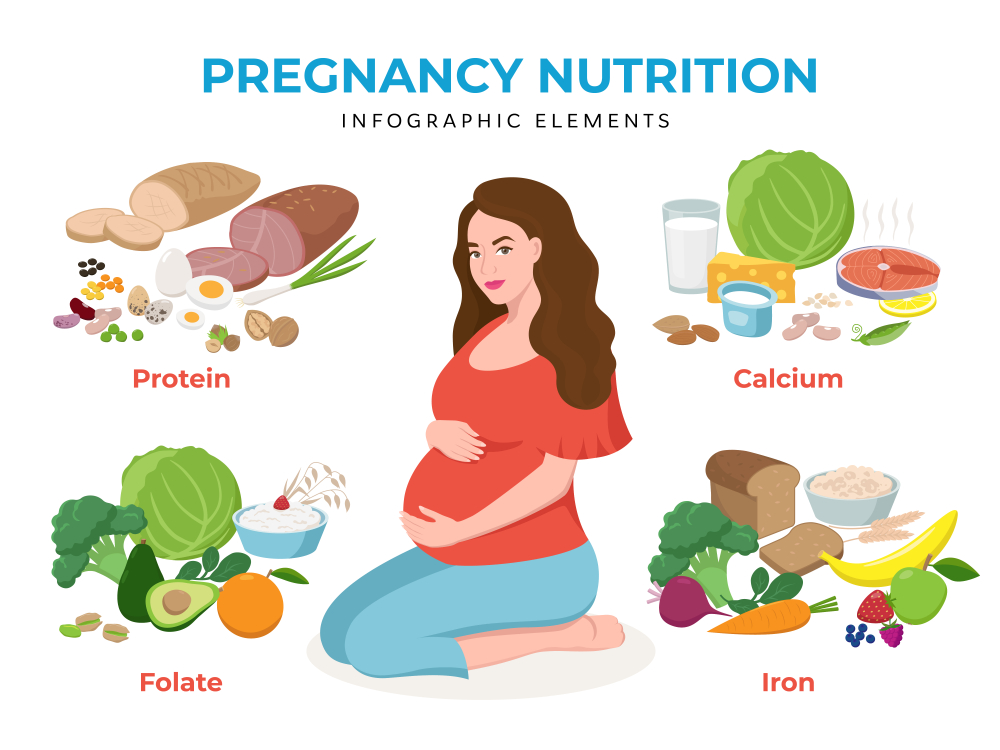
Benefits include fiber, vitamin C, vitamin K, vitamin A, calcium, iron, folate, and potassium. They’re a bonanza of green goodness.
Adding in servings of green veggies is an efficient way to pack in vitamins and fend off constipation due to all that fiber. Vegetables have also been linked to a reduced risk of low birth weight.
Try this kale eggs Florentine recipe or blend some spinach into a green smoothie and you won’t even know it’s in there.
Lean beef, pork, and chicken are excellent sources of high-quality protein. Beef and pork are also rich in iron, choline, and other B vitamins — all of which you’ll need in higher amounts during pregnancy.
Iron is an essential mineral that is used by red blood cells as a part of hemoglobin. You’ll need more iron since your blood volume is increasing. This is particularly important during your third trimester.
Low levels of iron during early and mid-pregnancy may cause iron deficiency anemia, which increases the risk of low birth weight and other complications.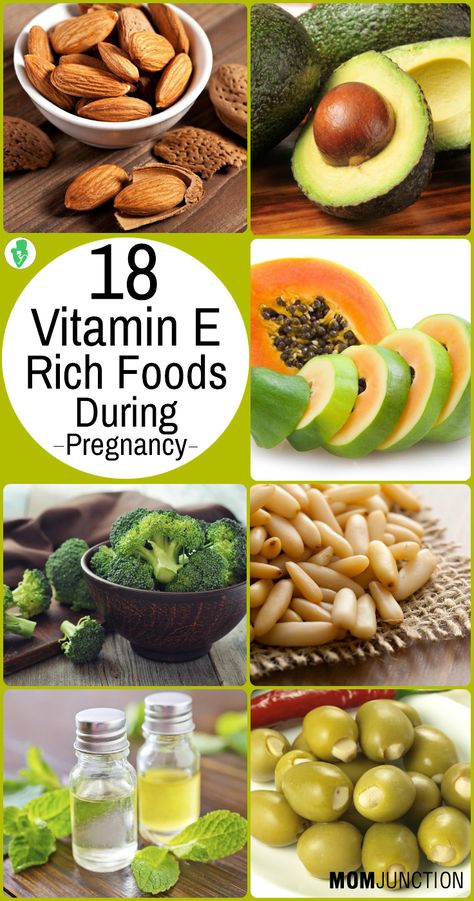
It can be hard to cover your iron needs with meals alone, especially if you develop an aversion to meat or are vegetarian or vegan. However, for those who can, eating lean red meat regularly may help increase the amount of iron you’re getting from food.
Pro tip: Pairing foods that are rich in vitamin C, such as oranges or bell peppers, along with iron-rich foods may also help increase absorption.
Toss some vitamin C-rich tomato slices on that turkey burger or whip up this steak and mango salad.
Berries hold a lot of goodness in their tiny packages like water, healthy carbs, vitamin C, fiber, and antioxidants.
Berries have a relatively low glycemic index value, so they should not cause major spikes in blood sugar.
Berries are also a great snack, as they contain both water and fiber. They provide a lot of flavor and nutrition, but with relatively few calories.
Some of the best berries to eat while pregnant are blueberries, raspberries, goji berries, strawberries, and acai berries.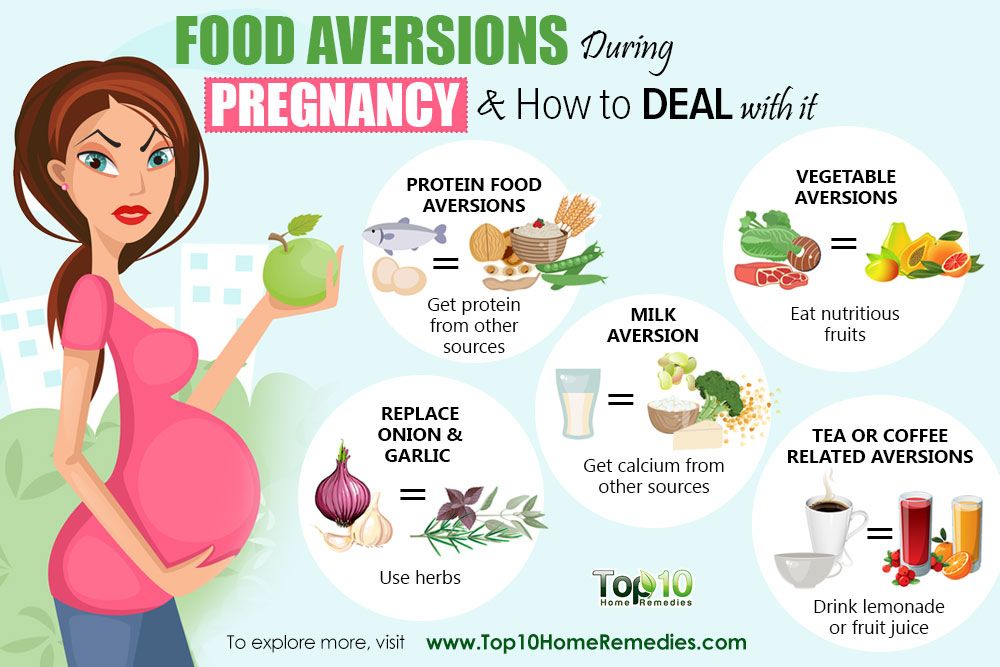 Check out this blueberry smoothie for some inspiration.
Check out this blueberry smoothie for some inspiration.
Unlike their refined counterparts, whole grains are packed with fiber, vitamins, and plant compounds. Think oats, quinoa, brown rice, wheat berries, and barley instead of white bread, pasta, and white rice.
Some whole grains, like oats and quinoa, also contain a fair amount of protein. They also hit a few buttons that are often lacking in pregnant people: B vitamins, fiber, and magnesium.
There are so many ways to adds whole grains to any meal, but we’re especially liking this quinoa and roasted sweet potato bowl.
Avocados are an unusual fruit because they contain a lot of monounsaturated fatty acids. This makes them taste buttery and rich — perfect for adding depth and creaminess to a dish.
They’re also high in fiber, B vitamins (especially folate), vitamin K, potassium, copper, vitamin E, and vitamin C.
Because of their high content of healthy fats, folate, and potassium, avocados are a great choice during pregnancy (and always).
The healthy fats help build the skin, brain, and tissues of your little one, and folate may help prevent neural tube defects, developmental abnormalities of the brain and spine such as spina bifida.
Potassium may help relieve leg cramps, a side effect of pregnancy for some women. In fact, avocados contain more potassium than bananas.
Try them as guacamole, in salads, in smoothies, and on whole wheat toast, but also as a substitute for mayo or sour cream.
Dried fruit is generally high in calories, fiber, and various vitamins and minerals. One piece of dried fruit contains the same amount of nutrients as fresh fruit, just without all the water and in a much smaller form.
One serving of dried fruit can provide a large percentage of the recommended intake of many vitamins and minerals, including folate, iron, and potassium.
Prunes are rich in fiber, potassium, and vitamin K. They’re natural laxatives and may be very helpful in relieving constipation. Dates are high in fiber, potassium, iron, and plant compounds.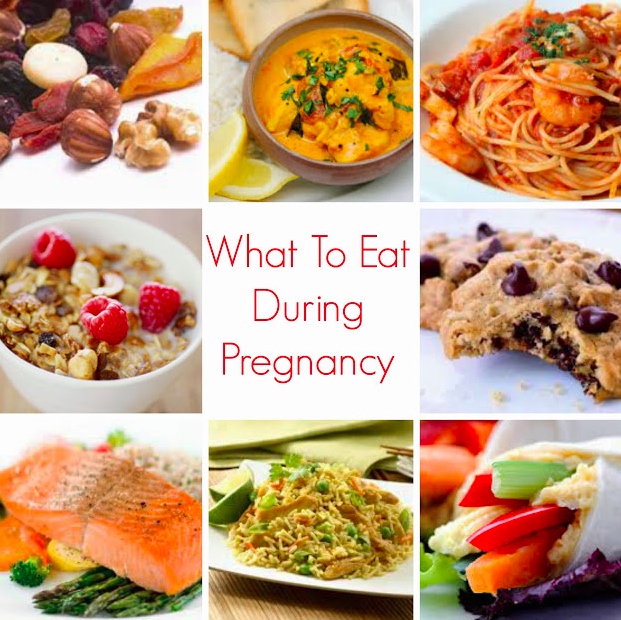
However, dried fruit also contains high amounts of natural sugar. Make sure to avoid the candied varieties, which contain even more sugar.
Although dried fruit may help increase calorie and nutrient intake, it’s generally not recommended to consume more than one serving at a time.
Try adding a small portion to a trail mix with nuts and seeds for an on-the-go protein- and fiber-filled snack.
Fish liver oil is made from the oily liver of fish, most often cod. It’s rich in the omega-3 fatty acids EPA and DHA, which are essential for fetal brain and eye development.
Supplementing with fish oil may help protect against preterm delivery and may benefit fetal eye development.
Fish liver oil is also very high in vitamin D, of which many people don’t get enough. It may be highly beneficial for those who don’t regularly eat seafood or supplement with omega-3 or vitamin D.
A single serving (1 tablespoon or 15 milliliters) of fish liver oil provides more than the recommended daily intake of omega-3, vitamin D, and vitamin A.
However, it’s not recommended to consume more than one serving per day, as too much preformed vitamin A can be dangerous for your baby. High levels of omega-3 may also have blood-thinning effects.
Low mercury fish like salmon, sardines, canned light tuna, or pollock can also help get you to your omega-3 goals.
Say it with me: We all have to stay hydrated. And pregnant folks especially. During pregnancy, blood volume increases by about 45 percent.
Your body will channel hydration to your baby, but if you don’t watch your water intake, you may become dehydrated yourself.
Symptoms of mild dehydration include headaches, anxiety, tiredness, bad mood, and reduced memory.
Increasing your water intake may also help relieve constipation and reduce your risk of urinary tract infections, which are common during pregnancy.
General guidelines recommend that pregnant women drink about 80 ounces (2.3 liters) of water daily. But the amount you really need varies.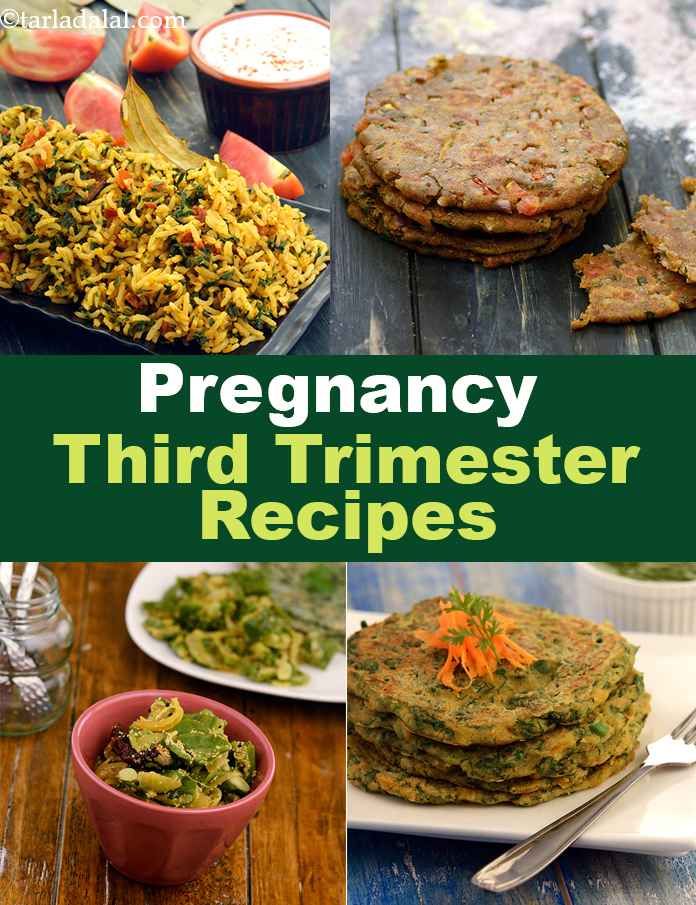 Check with your doctor for a recommendation based on your specific needs.
Check with your doctor for a recommendation based on your specific needs.
Keep in mind that you also get water from other foods and beverages, such as fruit, vegetables, coffee, and tea.
Pro tip: Try keeping a reusable water bottle on hand so that you can quench your thirst throughout the day.
Your growing baby is just waiting to slurp up all those nutrient-dense foods from a well-rounded eating plan of whole grains, fruits and veggies, lean proteins, and healthy fats.
There’s a whole world of delicious options that give you and your baby everything you’ll need. Keep your healthcare team informed of your eating choices and let them guide you on a plan with any necessary supplements.
This list should be a good start towards a healthy, well-nourished pregnancy.
Quick tips for foods to eat when pregnant
- Dairy products, especially yogurt, are a great choice. They help you meet increased protein and calcium needs.
- Legumes are super sources of folate, fiber, and many other nutrients.
Folate is a very important nutrient during pregnancy.
- Sweet potatoes are an excellent source of beta carotene, which your body transforms into vitamin A. Vitamin A is important for the growth and differentiation of cells in your growing baby.
- Salmon contains the essential omega-3 fatty acids EPA and DHA, which are important for brain and eye development in your growing baby. It’s also a natural source of vitamin D.
- Whole eggs are incredibly nutritious and a great way to increase your overall nutrient intake. They also contain choline, an essential nutrient for brain health and development.
- Broccoli and leafy greens contain most of the nutrients that you’ll need. They’re also rich in fiber, which may help prevent or treat constipation.
- Lean meat is a good source of high-quality protein. Beef and pork are also rich in iron, choline, and B vitamins, all of which are important nutrients during pregnancy.
- Berries contain water, carbs, vitamin C, fiber, vitamins, antioxidants, and plant compounds.
They may help you increase your nutrient and water intake.
- Whole grains are packed with fiber, vitamins, and plant compounds. They’re also rich in B vitamins, fiber, and magnesium.
- Avocados contain high amounts of monounsaturated fatty acids, fiber, folate, and potassium. They may help relieve leg cramps, too.
- Dried fruit may be highly beneficial for pregnant women since they’re small and nutrient-dense. Just make sure to limit your portions and avoid candied varieties, to prevent excess sugar intake.
- Drinking water is important as your blood volume increases during pregnancy. Adequate hydration may also help prevent constipation and urinary tract infections.
Creamy White Chicken Chili with Greek Yogurt
Recipe for Pregnancy: Creamy White Chicken Chili with Greek Yogurt- Health Conditions
- Featured
- Breast Cancer
- IBD
- Migraine
- Multiple Sclerosis (MS)
- Rheumatoid Arthritis
- Type 2 Diabetes
- Articles
- Acid Reflux
- ADHD
- Allergies
- Alzheimer's & Dementia
- Bipolar Disorder
- Cancer
- Crohn's Disease
- Chronic Pain
- Cold & Flu
- COPD
- Depression
- Fibromyalgia
- Heart Disease
- High Cholesterol
- HIV
- Hypertension
- IPF
- Osteoarthritis
- Psoriasis
- Skin Disorders and Care
- STDs
- Featured
- Discover
- Wellness Topics
- Nutrition
- Fitness
- Skin Care
- Sexual Health
- Women's Health
- Mental Well-Being
- Sleep
- Product Reviews
- Vitamins & Supplements
- Sleep
- Mental Health
- Nutrition
- At-Home Testing
- CBD
- Men’s Health
- Original Series
- Fresh Food Fast
- Diagnosis Diaries
- You’re Not Alone
- Present Tense
- Video Series
- Youth in Focus
- Healthy Harvest
- No More Silence
- Future of Health
- Wellness Topics
- Plan
- Health Challenges
- Mindful Eating
- Sugar Savvy
- Move Your Body
- Gut Health
- Mood Foods
- Align Your Spine
- Find Care
- Primary Care
- Mental Health
- OB-GYN
- Dermatologists
- Neurologists
- Cardiologists
- Orthopedists
- Lifestyle Quizzes
- Weight Management
- Am I Depressed? A Quiz for Teens
- Are You a Workaholic?
- How Well Do You Sleep?
- Tools & Resources
- Health News
- Find a Diet
- Find Healthy Snacks
- Drugs A-Z
- Health A-Z
- Health Challenges
- Connect
- Breast Cancer
- Inflammatory Bowel Disease
- Psoriatic Arthritis
- Migraine
- Multiple Sclerosis
- Psoriasis
Medically reviewed by Jerlyn Jones, MS MPA RDN LD CLT, Nutrition — By Jillian Kubala, MS, RD on February 7, 2023
If you’re looking for a pregnancy-friendly spin on traditional chili, try out this creamy, savory recipe.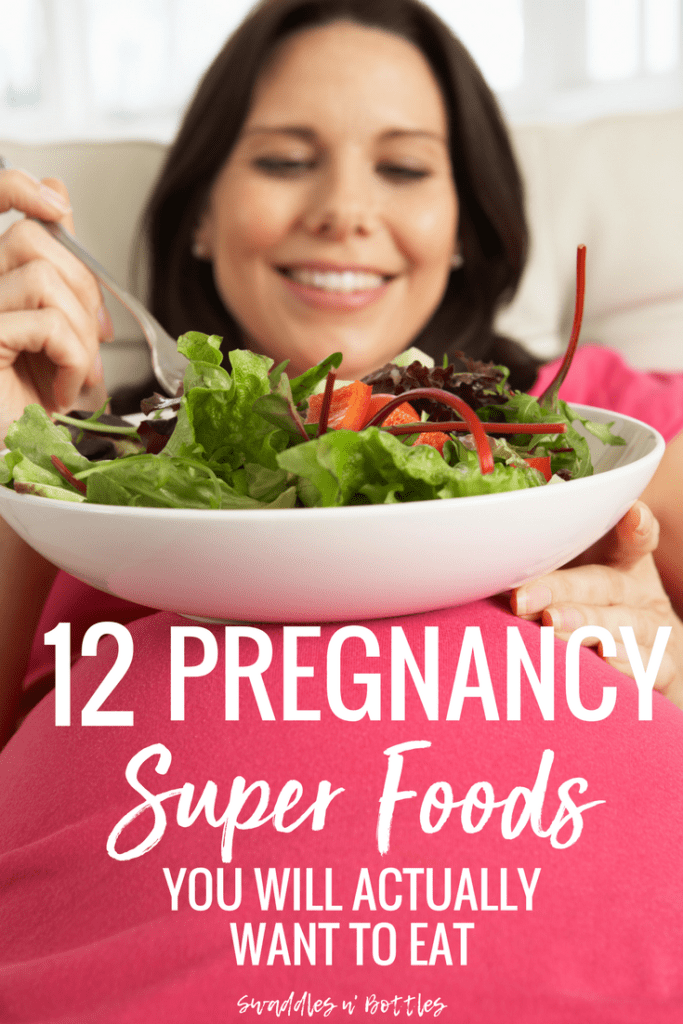 It’s packed with the nutrients your body needs when you’re expecting.
It’s packed with the nutrients your body needs when you’re expecting.
When you’re pregnant, it’s important to make sure you’re choosing nourishing foods rich in nutrients that your body needs to keep both you and your baby healthy.
This Creamy White Chicken Chili recipe gets its satisfying texture and tang from Greek yogurt, which is packed with pregnancy-supporting nutrients like calcium, vitamin A, vitamin B12, zinc, selenium, and protein. Top it with sour cream and grated cheddar cheese for an extra boost of nutrients and flavor.
Veggies like peppers and zucchini as well as white beans all add fiber, folate, and several other nutrients needed to support a healthy pregnancy (1, 2, 3, 4).
It’s also very easy to make. You can batch-cook it and store it in the freezer to reheat and eat over multiple meals.
RECIPE
Creamy White Chicken Chili with Greek Yogurt
Serves 6
American
main course
Cook Time: 30min
Prep Time: 10min
About this recipe:
This protein-packed chili is loaded with nutritious ingredients like zucchini, peppers, beans, Greek yogurt, and chicken.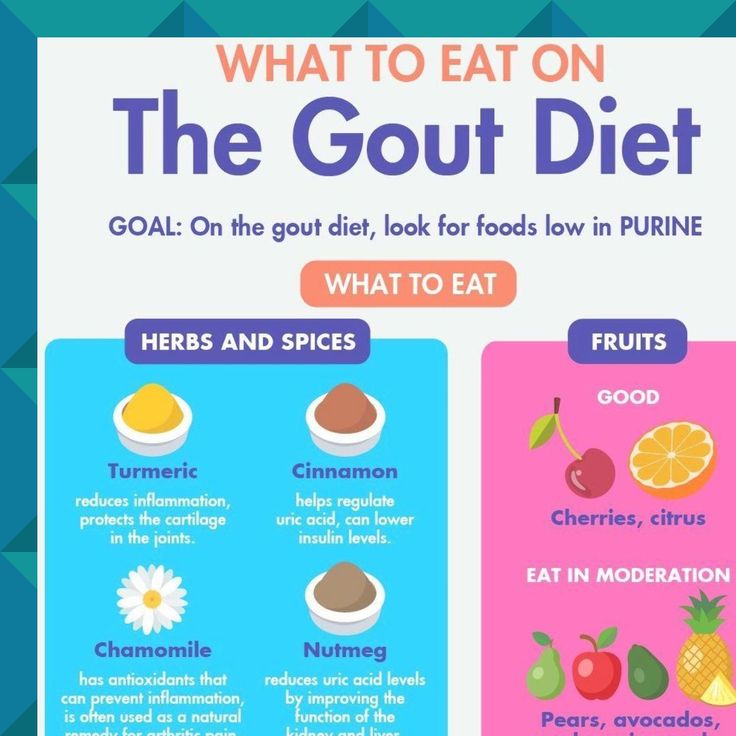 It takes under 40 minutes to prepare and can be made in large batches and frozen for long-term storage. To help prevent the chili broth from separating, we bring the Greek yogurt to room temperature and stir in a little cornstarch. Let the chili cool slightly before stirring it in.
It takes under 40 minutes to prepare and can be made in large batches and frozen for long-term storage. To help prevent the chili broth from separating, we bring the Greek yogurt to room temperature and stir in a little cornstarch. Let the chili cool slightly before stirring it in.
Ingredients:
- 1.5 tablespoons of olive oil or avocado oil
- 1 medium onion, diced
- 3 cloves of garlic, minced
- 1 yellow or red bell pepper, diced
- 1 pound (450 g) ground chicken or ground turkey
- 1 medium zucchini, diced
- 1 teaspoon chili powder
- 1/2 teaspoon cumin
- 1/2 teaspoon smoked paprika
- 1/2 teaspoon salt
- 1/2 teaspoon pepper
- 1 16-ounce can of white beans such as great northern beans or cannellini beans
- 3 cups (711 mL) chicken bone broth
- 1 cup (237 mL) 2% Greek yogurt or whole milk at room temperature
- 1/2 teaspoon cornstarch
- Juice of half a lime
- For topping: your choice of tortilla chips, sliced avocado, chopped jalapeno, Greek yogurt or sour cream, and cheese like cheddar or queso fresco
Instructions:
- Add the olive oil to a heavy bottom pot, like a Dutch oven, and place on medium heat.
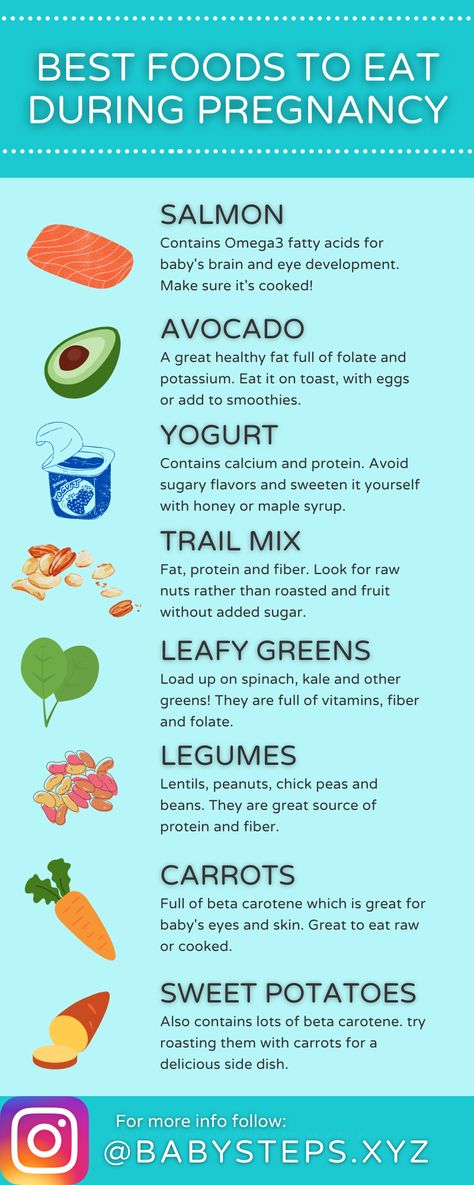
- Add the onion, garlic, and bell pepper and sauté for around 4 minutes until soft.
- Add the ground chicken, zucchini, spices, salt, and pepper, then cook until chicken is cooked through, about 7 to 9 minutes.
- Take half of the beans and pour them into a small bowl. Mash them lightly and add them to the pot. Then add the remaining half of the beans and the chicken broth to the pot and stir.
- Bring the chili to a boil then reduce the heat, cover the pot with a tight-fitting lid, and simmer for about 15 to 20 minutes.
- Remove the chili from the heat and let it cool slightly.
- Stir the 1/2 teaspoon of cornstarch into the Greek yogurt and set aside.
- After the chili has cooled slightly, stir in the Greek yogurt and lime juice.
- Serve the chili warm and top with shredded cheddar cheese or queso fresco, chopped jalapenos, sliced avocado, tortilla chips or strips, and a dollop of Greek yogurt or sour cream.
Last medically reviewed on February 7, 2023
How we reviewed this article:
Our experts continually monitor the health and wellness space, and we update our articles when new information becomes available.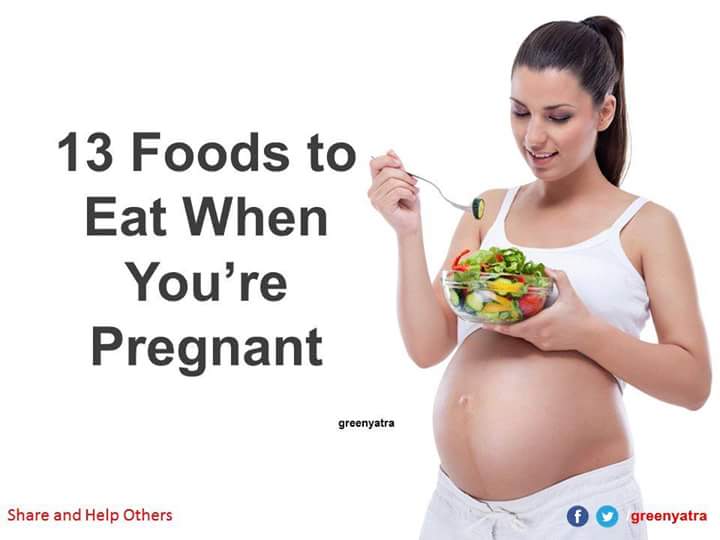
Current Version
Feb 7, 2023
Written By
Jillian Kubala MS, RD
Edited By
Stephanie Orford
Medically Reviewed By
Jerlyn Jones, MS MPA RDN LD CLT
Share this article
Medically reviewed by Jerlyn Jones, MS MPA RDN LD CLT, Nutrition — By Jillian Kubala, MS, RD on February 7, 2023
related stories
The Best Gift for New Dads Just in Time for Father's Day
11 Things to Do When You Find Out You’re Pregnant
What Are the Symptoms of Hyperovulation?
What You Should Know About Consuming Turmeric During Pregnancy
Pregnancy-Friendly Recipe: Herby Gruyère Frittata with Asparagus and Sweet Potatoes
Read this next
The Best Gift for New Dads Just in Time for Father's Day
Medically reviewed by Debra Sullivan, Ph.D., MSN, R.N., CNE, COI
It's not usually dad who is showered with gifts when a new baby comes, but why not? He deserves appreciation too! Here are our picks of the best new…
READ MORE
11 Things to Do When You Find Out You’re Pregnant
Medically reviewed by Fernando Mariz, MD
Figuring out what to do when you find out you're pregnant can be overwhelming, but we're here to help.
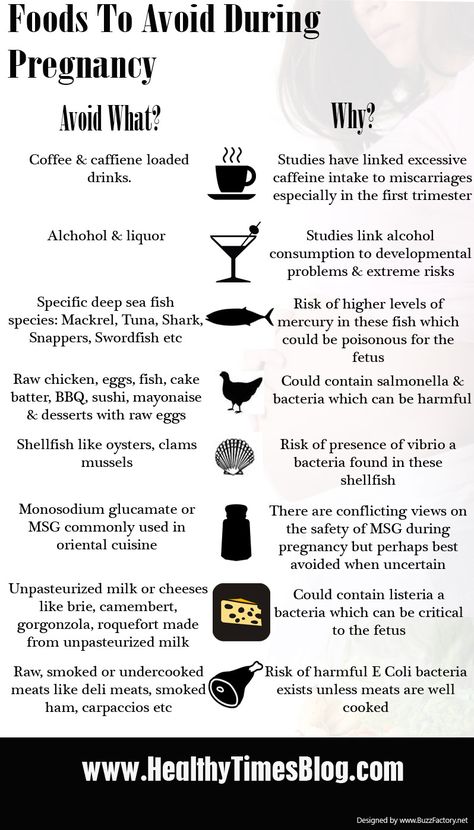 Here are the 11 steps to take after that…
Here are the 11 steps to take after that…READ MORE
What Are the Symptoms of Hyperovulation?
Hyperovulation has few symptoms, if any. It's typically diagnosed after an individual develops multiple pregnancies at once.
READ MORE
What You Should Know About Consuming Turmeric During Pregnancy
Consuming turmeric in pregnancy is a debated subject. We'll tell you if it's safe.
READ MORE
Pregnancy-Friendly Recipe: Herby Gruyère Frittata with Asparagus and Sweet Potatoes
Medically reviewed by Kathy W. Warwick, R.D., CDE
So easy and delicious. This frittata is high in protein and rich in essential nutrients your body needs to support a growing baby. Bonus: You can…
READ MORE
The Best Stretch Mark Creams and Belly Oils for Pregnancy in 2023
Stretch marks are easier to prevent than erase.
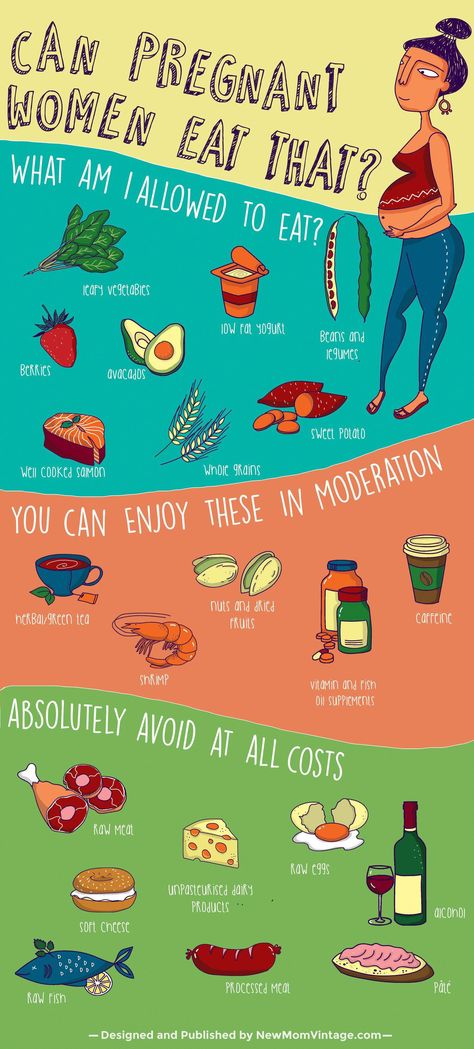 If you're seeking a preventive, we've gathered a few of the best stretch mark creams for pregnancy.
If you're seeking a preventive, we've gathered a few of the best stretch mark creams for pregnancy.READ MORE
Why Twins Don’t Have Identical Fingerprints
Medically reviewed by Alana Biggers, M.D., MPH
Identical twins are the same in so many ways, but does that include having the same fingerprints? There's conflicting information out there so we look…
READ MORE
Doula vs. Midwife: What’s the Difference?
Medically reviewed by Meredith Wallis, MS, APRN, CNM, IBCLC
What is the difference between a doula and a midwife? Do I need to choose? Read on to learn more about the similarities and differences.
READ MORE
Your Guide to a Pregnancy-Safe Skin Care Routine
When you're expecting, pregnancy-safe skin care can help ensure the health of you and your baby.
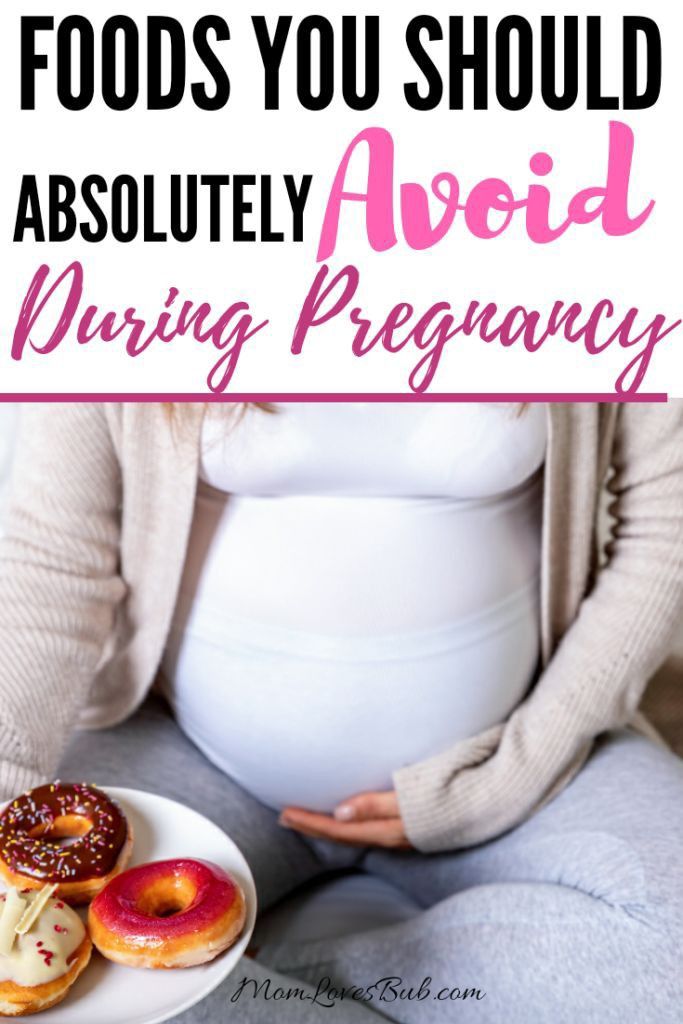 We'll tell you what to avoid — and some good…
We'll tell you what to avoid — and some good…READ MORE
We’re Shopping Small This Season: Here’s Why
Tired of buying from the big box stores? Healthline has you covered with these unique items from small businesses.
READ MORE
Nutrition of a pregnant woman
So, your plans and decisions to give birth to a child have come true - you are pregnant! But this news causes you a double feeling: - on the one hand, a feeling of joy, and on the other hand, a feeling of certain fear and even fear of unknown trials for your life and the fate of the unborn baby. What will he be like? - healthy, beautiful, happy?...
And this largely depends on the woman herself, on what lifestyle she will lead during pregnancy and, most importantly, how she will eat.
Nutrition of a woman in different periods of pregnancy
The main thing in the menu of a future mother is variety.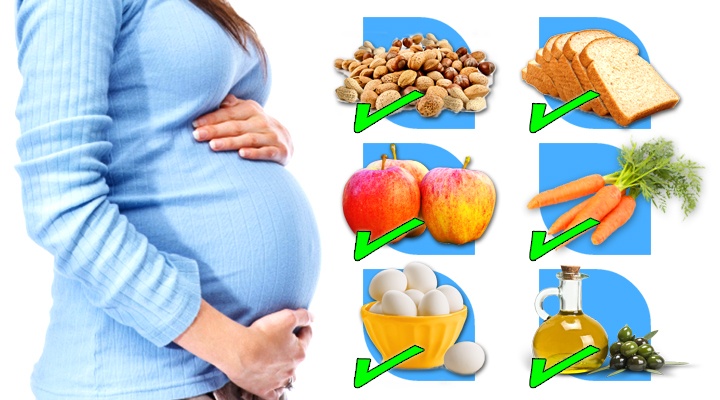 She should consume foods from all food groups: meat, fish, vegetables and fruits, dairy products, bread and cereals.
She should consume foods from all food groups: meat, fish, vegetables and fruits, dairy products, bread and cereals.
A woman's nutrition during pregnancy can be roughly divided into three periods (trimesters).
If before pregnancy a woman ate normally, felt comfortable, did not experience allergies to any products, then it is not worth changing her diet at an early stage of the first trimester of pregnancy.
During this period, all organs and systems in the child's body are formed, tissues are formed. The body needs complete proteins and vitamins: lean meat (rabbit, chicken, turkey), fish and seafood, dairy products. Be sure to eat rice, fresh or frozen vegetables, seasonal fruits. In the first trimester, many expectant mothers are still working. No matter how difficult it is to control your diet in the workplace, you need to do it - find time for a full breakfast and lunch.
In the first trimester of pregnancy, there is an active restructuring of the body and adaptation to a new state.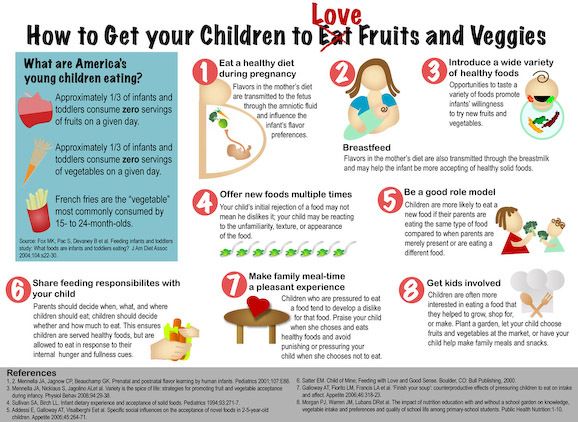 During this period, it is recommended to switch to a low-calorie diet, which includes more fruits, juices, decoctions of dried fruits, including rose hips. At the very beginning of pregnancy, especially if toxicosis torments, more frequent, but less plentiful meals are recommended.
During this period, it is recommended to switch to a low-calorie diet, which includes more fruits, juices, decoctions of dried fruits, including rose hips. At the very beginning of pregnancy, especially if toxicosis torments, more frequent, but less plentiful meals are recommended.
Always keep a hematogen, a bag of nuts or dried fruit in your pocket to have a snack on the street. If your condition does not allow you to eat regular food, you should pay attention to baby food. Baby products literally save expectant mothers suffering from severe toxicosis. These are boxed cereals, children's curds, cookies and fruit purees.
In the first trimester, special attention must be paid to the quality of products. Gradually abandon sauces, semi-finished products and canned food containing harmful chemical additives. Do not forget that the placenta freely accumulates and passes chemistry. The importance of products containing folic acid is great, without it intensive metabolism is impossible, its deficiency can cause developmental abnormalities. Folic acid is found in greens, nuts, white cabbage and broccoli, beets, legumes, and eggs.
Folic acid is found in greens, nuts, white cabbage and broccoli, beets, legumes, and eggs.
According to nutritionists, the diet of pregnant women should be 300 kcal / day higher than that of non-pregnant women, but in the first trimester there is no need to increase the energy value of the diet at all; in the second trimester, an additional 340 kcal / day is required; in the third trimester - 452 kcal / day. Pregnant women generally get enough calories, and more than 80% of women achieve and even exceed the required weight gain. These extra calories benefit the fetus. An underweight woman should gain 16–20 kg during her entire pregnancy, an overweight woman about 7 kg, and a normal body weight of 11–12 kg.
In the second trimester there are active jumps in the height and weight of the baby and uterus, so the caloric content of the diet needs to be increased. It is desirable to eat more and better. At this time, the need for trace elements increases: iron, magnesium, zinc, selenium, calcium, potassium.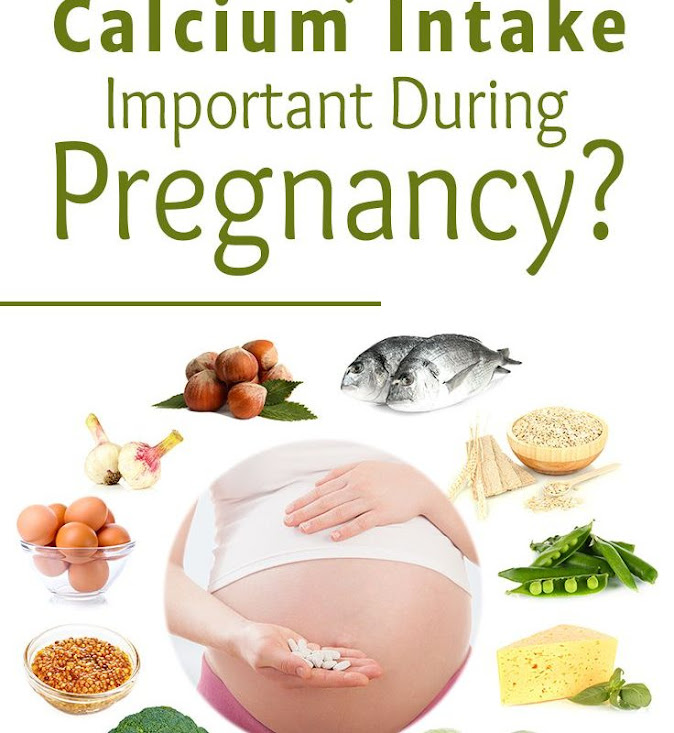 The child creates his own "reserve" of trace elements using the mother's resource, which means that the mother should have enough of them for two.
The child creates his own "reserve" of trace elements using the mother's resource, which means that the mother should have enough of them for two.
Very often in pregnant women in the second trimester hemoglobin drops, this is a normal physiological phenomenon, if it is not threatening to health. You can increase hemoglobin by eating red meat, chicken, fish, dried fruits, pomegranates, green vegetables and fresh herbs, buckwheat, citrus fruits (oranges, grapefruits, pomelo, lemons), rosehip and berry infusions.
In the second trimester, a pregnant woman should limit the intake of smoked and fried foods, as well as salt in her diet. In no case should you limit the liquid. Pure water is the best drink for a pregnant woman, and water should be consumed up to 2-2.5 liters per day. Water is a natural drink for the body, it does not cause complications and has no contraindications. Edema is caused not by water, but by salt, which we not only add in its pure form, but also consume with canned food, mayonnaise, cheese, and sausage. The absence of salt is not harmful, it is naturally found in many products: vegetables, bread, so the diet will not remain completely without it. Excess salt disrupts metabolism.
During this period, you can increase the calorie content of food. Childbirth must be approached physically strong. It is better to eat meat and fish in the morning, for breakfast and lunch, and for dinner, prepare dairy and vegetable dishes: cheesecakes, stewed vegetables, cottage cheese and vegetable casseroles. It is necessary to minimize the intake of canned food, smoked meats, pickles and marinades, hot spices and fatty foods. Frequent walks in the air, physical activity are recommended.
In the third trimester, it is necessary to reduce the calorie content of foods at the expense of confectionery and flour products, eat less fatty meat, as well as cheese and sour cream.
By the end of this period, many experts advise pregnant women to give up meat altogether in order to increase tissue elasticity and prevent ruptures.
During the entire period of pregnancy, special attention should be paid to the combination of products. If you combine foods wisely, you can ensure more efficient absorption of food. If the food is digested poorly, then this can lead to rotting and fermentation of products and the formation of substances harmful to the body of the mother and child. In addition, the fermentation process is accompanied by gas formation, which can lead to flatulence (bloating) and discomfort. This is especially harmful in the last stages of pregnancy.
Try not to take the first, second and third course at the same time; this overflows the stomach and presses on the fetus, the food is poorly digested and poorly absorbed. Eat little and often. It is not recommended to eat immediately before starting work, a long walk, before charging and immediately after it; it is advisable to rest for 10 minutes before eating.
Eat only when you are hungry, try not to snack on the go. Follow the diet, eat at about the same time.
Proper preparation of food will help to maximize the useful substances contained in the products. Do not overcook food, try not to reheat the same dish several times, it is better to set aside only the portion that will be used. Cook in the most gentle way: baking, steaming, stewing. Avoid frying, boiling in large amounts of water, with this method of processing products, many useful substances are lost. If possible, do not cook for several days at once. Do not use aluminum cookware when cooking. Remember that for a pregnant woman, it is not calories that are important, but the quality of food, its naturalness, primarily a “living cell” (whole cereals, raw vegetables and fruits, fresh meat and dairy products).
What can harm the pregnant woman and the fetus
Smoking and alcohol – quit smoking from the first days of pregnancy, if you have smoked before, avoid "passive" smoking, and do not consume alcoholic beverages in any doses.
Lack of vitamins and microelements in the body - their absence or deficiency can lead to irreparable consequences. So, for example, iodine deficiency can lead to mental retardation of a child, folic acid deficiency - to severe fetal deformities, calcium deficiency - to a violation of the formation of the child's skeleton, iron deficiency - to anemia and a delay in the physical and neuropsychic development of the child. It is necessary to consult a doctor, perhaps he will recommend switching to iodized salt, as well as supplementing your diet with a vitamin-mineral complex and folic acid.
Excess weight is the risk of having a large child, which means the risk of complications during childbirth and the child's tendency to become obese at an older age.
The use of food additives (sauces, seasonings such as vegeta, bouillon cubes), exotic fruits, semi-finished products, carbonated drinks - the risk of allergies and anomalies in a child, unfortunately, increases.
Recommended for pregnant women:
- Do not eat hot dogs and other snacks containing meat that has not been heated on fire or boiled in boiling water.
- Avoid soft cheeses. Hard cheeses are safe.
- Do not eat raw frozen pies and meat pastes, seafood. Canned analogues are safe.
- Do not consume raw vegetables, unpasteurized juices, liver, meat, poultry and eggs that have not been sufficiently cooked. These products may contain Salmonella taxins.
- Limit sweets.
- In no case do not resort to starvation and various diets.
- Regularly monitor blood pressure and do not miss visits to the gynecologist.
Remember!
Your child's development and health depend on your diet and lifestyle during pregnancy!
Nutrition during pregnancy - Geburtsinfo Wien
Many people think that pregnant women should eat "for two", that is, twice as much as usual. But it's not!
It is much more important to organize a healthy diet with plenty of fresh vegetables and fruits, fish, milk, dairy products and high quality fats. Drink plenty of fluids, preferably water or unsweetened tea. Don't diet or fast, even for religious reasons. Diets and fasting are harmful to pregnant women.
Essential for healthy development of the child:
- folic acid: in spinach, broccoli, egg yolk, tomatoes and bananas
- Iron: in meat, black pepper, cinnamon, parsley, beans, peas, lentils, sesame seeds, poppy seeds, nuts
- Iodine: use iodized table salt!
- Calcium: in milk, dairy products, cabbage, broccoli, leeks, dill
Discuss all questions with your doctor and read the following information:
Dangerous and illegal foods for pregnant women
During pregnancy, the entire female body changes. This can weaken the immune system, lowering the body's defenses. Therefore, at this time, infectious diseases are more severe than usual, which can jeopardize the health of the mother and unborn child.
Take precautions: When preparing and eating food, pay attention to the following two things:
- Practice strict hygiene when preparing and storing food.
- Avoid so-called dangerous foods.
Dangerous foods include:
- raw milk and raw milk products
Discard raw milk or boil it first.
Avoid raw milk products. You will recognize these products by their "Made with Raw Milk" label.
Remove the skin from the cheese and do not eat cheeses that ripen in the presence of slime microflora (eg tilsiter, quargel) and soft cheeses (eg camembert).
- Meat, fish and eggs
WARNING! Avoid oily predatory fish such as tuna, swordfish, halibut and pike. These fish often contain heavy metals.
Heavy metals are also found in giblets. Therefore, you will have to give up offal.
Avoid raw and undercooked fish and seafood, including sushi, oysters, and the like.
Avoid smoked and pickled fish, including smoked salmon, and gravaviloha.
Do not eat raw or undercooked eggs, meat or sausages. This list includes carpaccio, beef tartare, low to medium rare steak, salami, smoked sausage, hunting sausages, smoked ham, smoked meat, ham fat, soft-boiled eggs, fried eggs or raw egg dishes, including homemade tiramisu and the like.
- Drinks
Avoid alcohol and smoking. So far, no scientific study has been able to prove that alcohol, even in small doses, is not dangerous for pregnant women. Therefore: hands off alcohol! Be aware that flour products, sweets or cooked sauces may contain (residual) alcohol!
Don't take unnecessary risks and keep caffeinated drinks to a minimum. No more than 2-3 cups of coffee or 4 cups of green or black tea are allowed. Attention: Cold tea and coffee drinks, coca-cola, guarana drinks, many energy drinks and the like contain caffeine!
As a precaution, do not consume freshly squeezed and uncooked fruit and vegetable juices sold in stalls and shops.
Do not drink beverages containing quinine, such as gin and tonic, Bitter Lemon, etc.
Talk to your doctor and read the following information:
Addictive Substances
Quit All Alcohol, Tobacco and Drugs During Pregnancy!
Alcohol
Do not drink alcohol during pregnancy! Even in small doses, alcohol can cause serious harm to a child. Alcohol acts like a poison on the nerves and brain, being one of the most common causes of anomalies in the development of the child.
Talk to your doctor and read the following information:
Smoking
Stop smoking during pregnancy and avoid smoky rooms! Cigarettes contain nicotine and nearly 5,000 other chemicals. If inhaled, all of these substances can cause serious harm to your child. Pregnant women who smoke often have miscarriages or premature births. Children born to smoking mothers often suffer from asthma, allergies, pneumonia, bronchitis and other diseases. There is also an increased risk of sudden infant death syndrome.
Talk to your doctor and read the following information:
Drugs
Do not take drugs or intoxicants during pregnancy! Drugs can seriously harm your baby's development and, in the worst case, lead to miscarriage or stillbirth. If you have an addiction, don't be ashamed of it and discuss the situation with your doctor.


